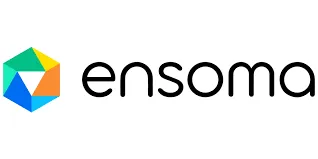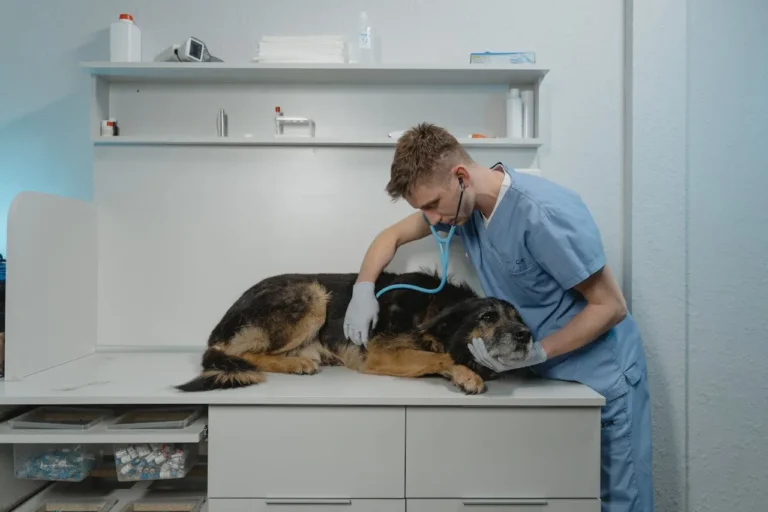
Ensoma Secures Rare Pediatric Disease & Orphan Drug Status for EN-374 in Chronic Granulomatous Disease
Ensoma, a genomic medicines company pioneering in vivo therapies to engineer the hematopoietic system, has announced that the U.S. Food and Drug Administration (FDA) has granted both rare pediatric disease and orphan drug designations to its lead candidate, EN-374. This investigational therapy is being developed for the treatment of X-linked chronic granulomatous disease (X-CGD), a rare and severe genetic disorder. Ensoma plans to submit an investigational new drug (IND) application for EN-374 in the first half of 2025.
A Step Forward in Treating X-CGD
Chronic granulomatous disease (CGD) is a debilitating genetic disorder that severely compromises the immune system, rendering patients highly susceptible to recurrent bacterial and fungal infections. These infections often lead to chronic inflammation and life-threatening complications. Affecting approximately 1 in 100,000 to 200,000 live births, CGD has a median life expectancy of about 45 years. X-CGD, the most common form of the disease, accounts for 60-70% of all CGD cases and arises from mutations in the CYBB gene, which impair the ability of white blood cells called neutrophils to combat infections.

EN-374 is designed to address this critical gap by delivering a functional CYBB gene directly into hematopoietic stem cells (HSCs) in vivo. It employs a promoter that selectively drives expression in neutrophils, the primary immune cells affected by X-CGD. The therapy aims to restore patients’ infection-fighting capability by enabling proper neutrophil function.
FDA Recognition and Regulatory Advantages
“These designations from the FDA highlight the significant medical need in chronic granulomatous disease,” said Drew Dietz, M.D., MSCR, vice president of clinical development at Ensoma. “Current treatments, including antibiotics, antifungals, interferon gamma, and allogeneic stem cell transplantation, provide limited benefits and often come with substantial risks or burdens. EN-374 represents the first in vivo HSC-directed therapy for X-CGD, building on a mechanism that has already been validated in ex vivo gene therapy. This approach is designed to work across all CYBB mutations, offering the potential to improve upon the transformative benefits of ex vivo gene therapies while being simpler, potentially safer, and more accessible for patients. Our team is incredibly proud to be at the forefront of this groundbreaking therapy, and we remain on track to submit an IND in the first half of this year.”
The FDA grants rare pediatric disease designation to therapies aimed at treating serious or life-threatening rare diseases that predominantly affect children aged 18 years or younger and impact fewer than 200,000 people in the U.S. If Ensoma’s Biologics License Application (BLA) for EN-374 is approved, the company may be eligible to receive a Priority Review Voucher, which can be used to expedite future regulatory reviews.
Additionally, orphan drug designation provides significant regulatory incentives. This designation is awarded to drugs targeting rare diseases affecting fewer than 200,000 people in the U.S. and offers Ensoma key benefits, including up to seven years of market exclusivity upon approval, tax credits for qualified clinical trial expenses, and exemptions from certain FDA fees. These advantages will support the continued development and potential commercialization of EN-374.
Transforming the Future of Genomic Medicine
The ability to precisely engineer the hematopoietic system in vivo marks a significant leap forward in genomic medicine. Traditional treatment approaches for X-CGD, such as bone marrow transplants or gene therapy using ex vivo-modified cells, present logistical and clinical challenges, including the need for conditioning regimens and donor matches. EN-374’s in vivo approach offers a paradigm shift—potentially eliminating the need for complex transplantation procedures while ensuring efficient gene delivery directly into the patient’s cells.
Ensoma’s platform is built on a proprietary in vivo engineering technology that aims to provide one-time, durable solutions for a range of hematologic and immune-related diseases. By streamlining gene therapy through direct delivery to HSCs, Ensoma seeks to make transformative treatments more widely accessible to patients who might otherwise lack viable options.
Next Steps and Future Outlook
With the FDA designations in place, Ensoma is progressing towards the submission of its IND application for EN-374 in 2025. This milestone will enable the company to initiate clinical trials and assess the safety and efficacy of its pioneering therapy in patients with X-CGD. If successful, this approach could pave the way for broader applications in hematologic and immunologic disorders, reinforcing Ensoma’s position as a leader in next-generation genomic medicine.
For more information on Ensoma and its ongoing research, visit www.ensoma.com.





